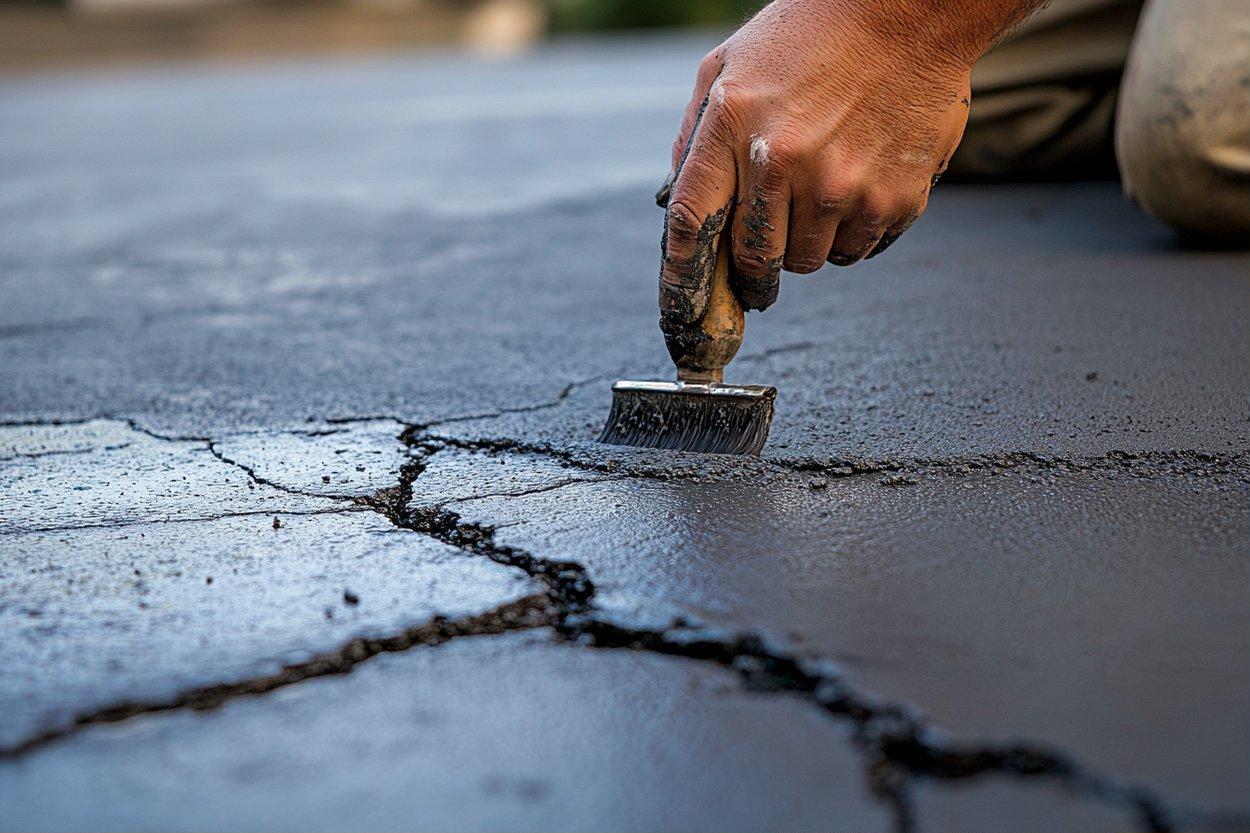Your Guide to Quality Paving: Smooth, Durable, and Built to Last
When it comes to enhancing your property's value, appearance, and functionality, few investments deliver results as immediately visible as quality paving. Whether you're considering a new driveway, parking lot, walkway, or patio, the right paving job does more than just create a smooth surface—it provides lasting durability, improves safety, and significantly boosts curb appeal. But navigating the world of paving companies, materials, and techniques can be overwhelming without proper guidance.

Why Quality Paving Matters
Quality paving isn’t just about aesthetics—it’s a critical investment in your property’s infrastructure. Properly installed paving withstands years of heavy use, extreme weather conditions, and seasonal temperature fluctuations without cracking, buckling, or developing potholes. Poor paving, on the other hand, quickly deteriorates, requiring costly repairs and replacements much sooner than expected.
Quality materials and professional installation contribute to proper drainage, preventing water accumulation that can damage not only the pavement but potentially your property’s foundation. Additionally, smooth, well-maintained surfaces reduce trip hazards and vehicle damage while enhancing accessibility for everyone, including those with mobility challenges.
Types of Paving Services Offered
Most reputable paving companies offer a comprehensive range of services tailored to different needs and property types:
Asphalt Paving: Ideal for driveways and parking lots, asphalt provides excellent durability at a reasonable cost. Services include new installations, overlays, patching, and sealcoating to extend pavement life.
Concrete Paving: Perfect for sidewalks, patios, and industrial applications, concrete offers exceptional longevity and customization options through stamping, coloring, and texturing techniques.
Interlocking Pavers: These brick or concrete units create attractive pathways, driveways, and patios with excellent drainage properties and simple repairs when necessary.
Specialty Surfaces: Many companies also install permeable pavements for environmentally sensitive areas, decorative surfaces for enhanced aesthetics, and ADA-compliant solutions for commercial properties.
Factors That Affect Paving Costs
Several variables influence the final price tag of your paving project:
Project Size and Scope: The square footage and complexity of your project are primary cost determinants. Larger areas generally cost less per square foot due to economies of scale, while intricate designs with multiple angles and curves increase labor costs.
Material Selection: Asphalt typically costs less than concrete or pavers, but material costs fluctuate based on oil prices, aggregate availability, and regional factors.
Site Preparation Requirements: Existing condition remediation, grading, drainage installation, and removal of old pavement can significantly impact your budget.
Accessibility Challenges: Projects with difficult access points, tight spaces, or obstacles requiring special equipment or manual labor will typically cost more.
Geographic Location: Labor rates, material availability, and local regulations vary by region, directly affecting final pricing.
Typical Price Ranges for Paving Projects
Understanding current market rates helps you budget appropriately and identify suspiciously low bids that might indicate corners will be cut.
| Project Type | Average Cost Range (2023) | Factors Affecting Price |
|---|---|---|
| Asphalt Driveway | $3-$7 per sq ft | Size, base preparation, thickness |
| Concrete Driveway | $6-$15 per sq ft | Finish type, reinforcement, thickness |
| Parking Lot (Asphalt) | $2.50-$4.50 per sq ft | Size, drainage requirements, striping |
| Interlocking Pavers | $10-$25 per sq ft | Pattern complexity, material quality |
| Sealcoating | $0.20-$0.40 per sq ft | Surface condition, previous maintenance |
Prices, rates, or cost estimates mentioned in this article are based on the latest available information but may change over time. Independent research is advised before making financial decisions.
How to Choose the Right Paving Contractor
Selecting the right professional makes all the difference between a paving job that lasts decades and one that deteriorates within seasons.
Verify Credentials: Always choose licensed, bonded, and insured contractors. Ask for verification of general liability insurance and workers’ compensation coverage to protect yourself from liability.
Check References and Reviews: Request and contact references from previous clients with similar projects. Online reviews can provide additional insights, but be sure to look for patterns rather than focusing on isolated comments.
Evaluate Experience and Specialization: Some contractors excel at residential driveways while others specialize in commercial parking lots. Choose a company with proven experience in your specific project type.
Get Detailed Written Estimates: Professional estimates should include materials, labor, site preparation, timeline, and warranty information. Be wary of vague quotes or those significantly lower than competitors.
Ask About Materials and Techniques: Quality contractors can explain their material choices, installation methods, and why they’re appropriate for your specific situation.
Understand the Warranty: A comprehensive warranty covering both materials and workmanship demonstrates the contractor’s confidence in their work. Standard warranties typically range from 1-5 years, though some premium installations offer longer coverage.
Maintaining Your New Pavement
Even the best paving job requires proper maintenance to maximize its lifespan. Regular cleaning prevents stain penetration and surface deterioration. For asphalt, periodic sealcoating (every 2-3 years) provides essential protection against UV rays, water damage, and chemical spills. Prompt repair of minor cracks prevents them from expanding into major problems requiring costly repairs.
By understanding paving fundamentals, carefully selecting your contractor, and implementing proper maintenance, your new paved surface will provide years of reliable service, enhancing your property’s value and appearance for generations to come.




